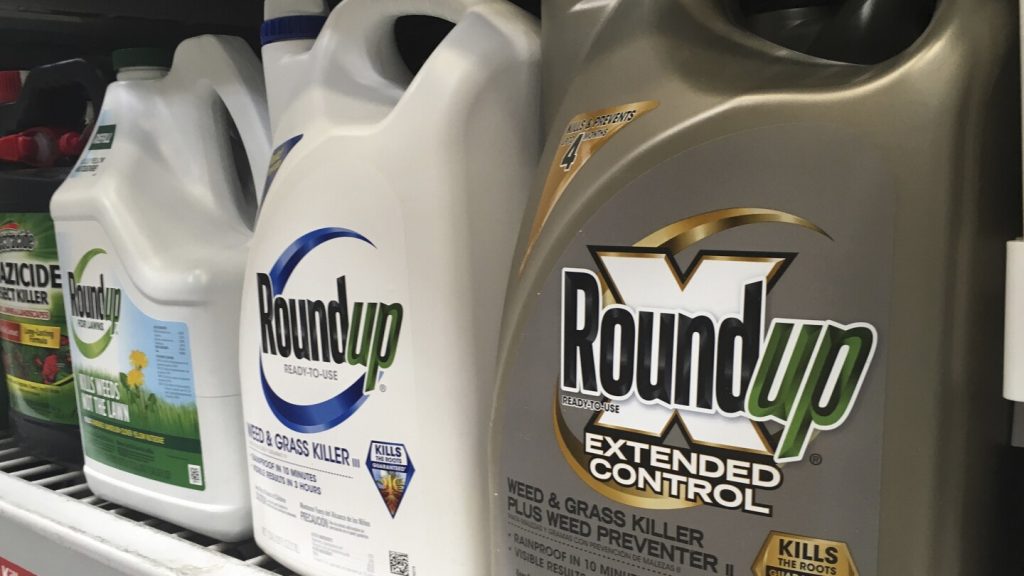The Missouri House has voted in favor of a proposal that could protect the manufacturer of the weedkiller Roundup from lawsuits claiming it failed to warn customers of potential cancer risks. Bayer, the company that acquired Monsanto, the original producer of Roundup, has faced numerous legal claims regarding the product’s key ingredient, glyphosate. Despite disputes over whether glyphosate causes cancer, the U.S. EPA has stated that it is not likely to be carcinogenic when used properly. The legislation being considered in Missouri states that federally approved pesticide labeling is sufficient to warn customers about cancer risks, effectively preventing future failure-to-warn lawsuits.
Bayer has expressed gratitude for the Missouri House’s support, stating that the legislation prioritizes farmers and science over litigation. A coalition including Bayer has been running advertisements in support of the legislation. Roundup has been widely used by farmers for over 50 years as an efficient way to control weeds and reduce soil erosion. The product is often used in conjunction with genetically modified seeds that resist its effects. Despite opposition from some lawmakers, supporters of the legislation argue that protecting Bayer from costly lawsuits is essential to ensure the availability of Roundup in the U.S. market and prevent farmers from having to rely on alternative chemicals from China.
The Missouri legislation has now been passed by the House and will move to the Senate for further consideration. Bayer had previously pursued similar legislation in Idaho and Iowa but did not succeed in those states. The company has allocated $16 billion to address legal claims related to Roundup and has already paid out a significant portion of that amount. The debate over the potential health risks of glyphosate continues, with some studies linking the ingredient to cancer while others, including the EPA, do not consider it carcinogenic when used as directed.
The vote in the Missouri House saw some Republicans joining Democrats in opposing the legislation, with personal appeals made by lawmakers against the bill. State Rep. LaDonna Appelbaum, who is undergoing cancer treatment, warned that supporting the bill would be supporting cancer. However, supporters of the legislation maintain that it is necessary to protect Bayer from lawsuits that could threaten the availability of Roundup in the market. They argue that the bill is not about cancer but about preserving the legal process and ensuring the continued access to a product that is crucial for many farmers in the U.S. The bill’s passage in the House marks a significant step forward for Bayer in its efforts to shield itself from costly legal battles.


